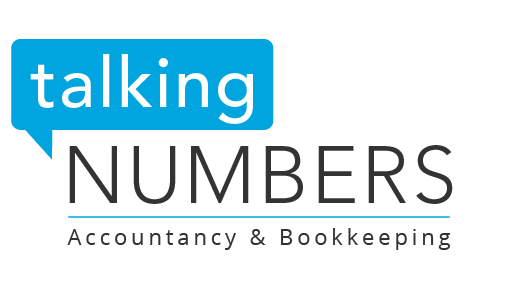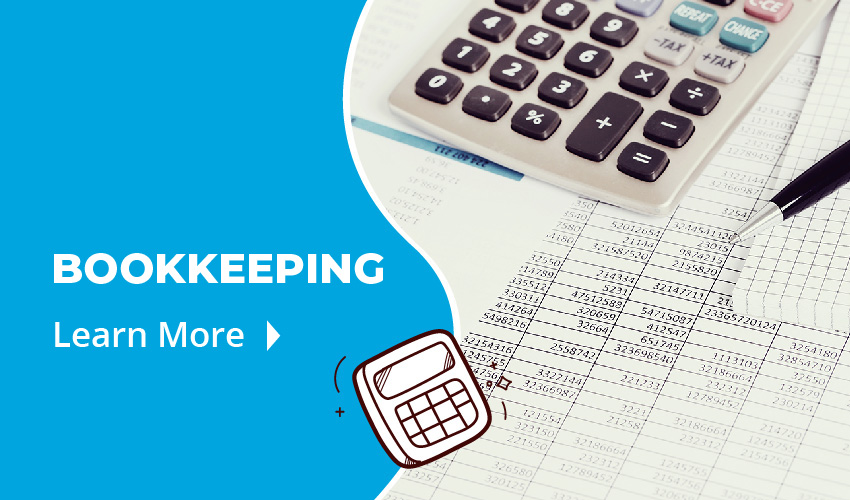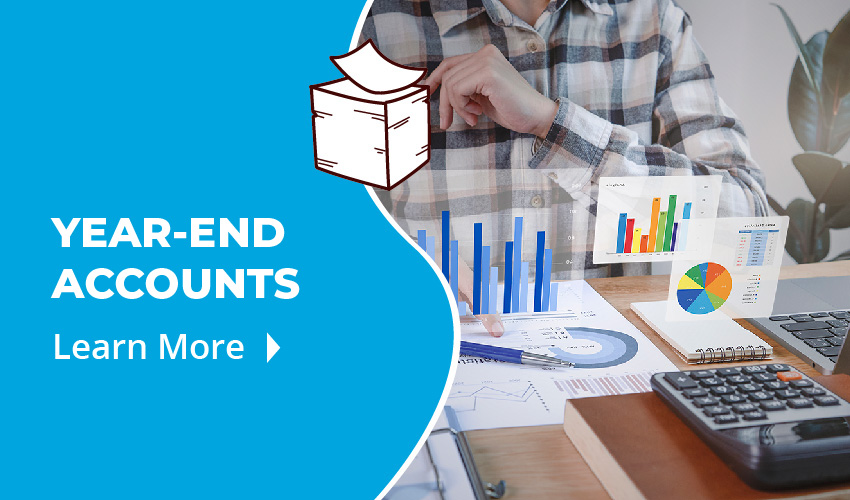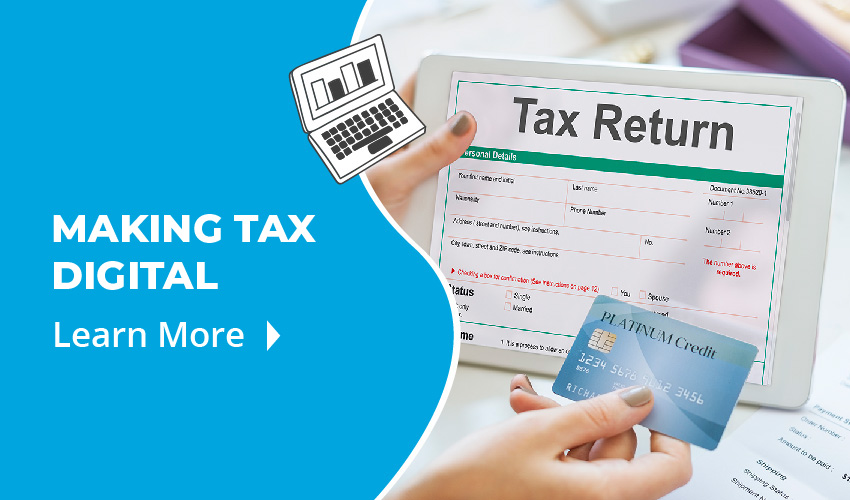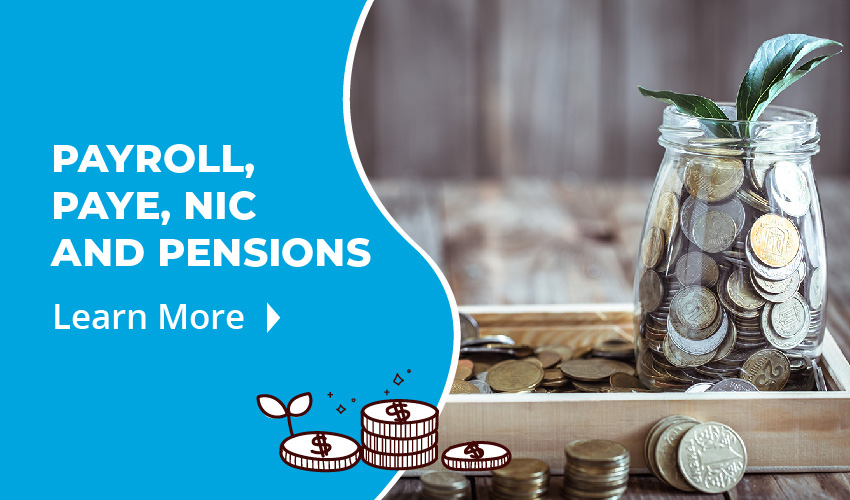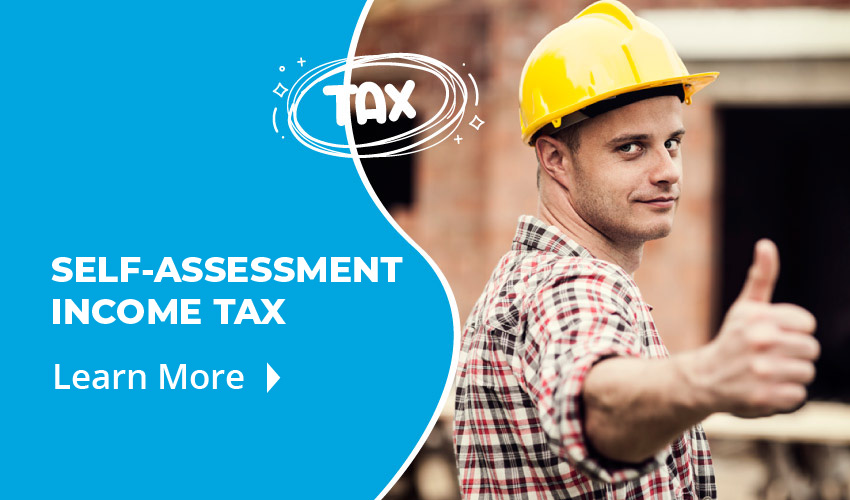Financial statements and accounts can be confusing, and it’s easy to focus on profit above everything else. It’s important to consider what your financial statements are telling you, as these can prove valuable insights into running your business, and can help you to avoid costly mistakes.
Most annual accounts are comprised of at least two financial statements. The one that everyone is aware of – the Profit and Loss – is the one that most people will look at first and consider the most important. Ultimately, if the business is making a profit, then there’s nothing to worry about – right?
Not exactly! It’s no coincidence that for the smallest companies, Companies House only requires a balance sheet to be submitted. This is because the information contained in it can provide a valuable insight into the performance of a business.
What is a balance sheet?
Unsurprisingly, a balance sheet is a list of the balances of the “accounts” of a company or business. This includes the business’ bank accounts but will also include valuations of equipment, property, accounts receivable and other assets, and it will also show amounts owed to lenders, suppliers and other creditors.
What is shown on the balance sheet?
The balance sheet can be used to work out some key ratios that allow managers, owners and investors to assess the business’ liquidity – that is to say its ability to pay suppliers on time, to collect money in from their clients. Banks and mortgage providers will use these ratios and other information to assess how affordable lending is, and how risky any loan might be.
What else is shown on the balance sheet?
Usually found at the bottom of the balance sheet is the equity section, sometimes called “capital”. This shows how much the owners of the business (whether it is a limited company or a sole trader) own.
Importantly for a sole trader, if the capital section is negative, then this means that the sole trader owes more money to the business than it owes back. This is especially important given that a sole trader and their business are one and the same, meaning that if something was to go wrong, the sole trader would have to find this money to cover any outstanding loans or funds owed to suppliers.
That doesn’t mean that you should panic if your balance sheet is negative, but it is worth thinking about how you can change this. For example, you might need to put some more money into the business or think about how you can increase your profits – as an increase in profits will affect your capital and can bring this back to the positive side due to the way the accounting rules work.
What about dividends?
If you run a limited company, the equity section shows you how much you have available to distribute as a dividend. This is important as it is very bad practice, and can even be unlawful, if you pay out or declare a dividend of more than is available in “distributable reserves”.
Your balance sheet is one of the most important tools to help you analyse your business’ performance. Talking Numbers Accountancy and Bookkeeping will prepare a balance sheet as part of your annual accounts, and we can help you to understand what this means for you. We can also prepare balance sheets as part of monthly or quarterly management accounting, which can be vital in giving up-to-date information to help make key management decisions. Get in touch today for a free, no-obligation consultation.
Talking Numbers Accountancy and Bookkeeping can help to take the stress out of running your payroll. We offer competitive, transparent pricing for weekly, monthly and four-weekly payrolls, meaning that you can spend time focusing on running your business. We can take care of tax codes, earnings orders, holiday pay, pension duties and all the other tasks that come with running a payroll. Get in touch today for a free, no-obligation consultation.
